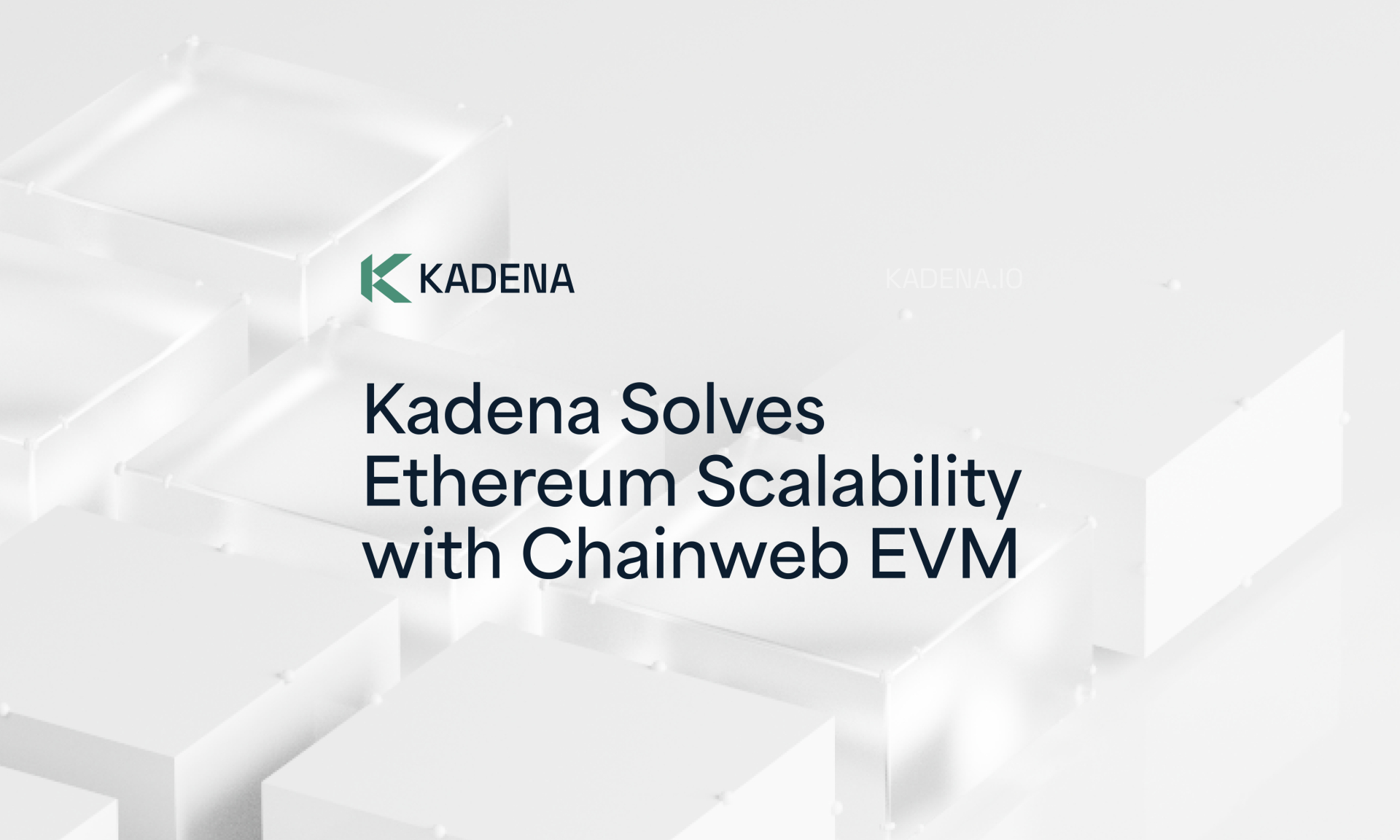ARTICLE AD
A discussion over classifying layer-2 solutions (L2s) has erupted within the Ethereum community after remarks by co-founder Vitalik Buterin.
In response to a post on X by Daniel Wang, founder of Taiko, an Ethereum rollup solution, Buterin said that reliance on external chains makes a system no longer a rollup since assets can’t unconditionally be withdrawn if operators collude against users.
This is correct.
The core of being a rollup is the unconditional security guarantee: you can get your assets out even if everyone else colludes against you. Can't get that if DA is dependent on an external system.
But being a validium is a correct choice for many apps, and…
— vitalik.eth (@VitalikButerin) January 16, 2024
Buterin adds, though, that despite the classification, validiums remain suitable for many other applications. Buterin notes that systems relying on external data availability (or DA, as mentioned in the tweet), such as modular blockchain Celestia, are validiums rather than “genuine” rollups.
Validiums and rollups are scaling solutions for Ethereum that allow more transactions to be processed off-chain, reducing congestion and gas fees.
Rollups batch transactions off-chain while posting data to Ethereum for security, providing scaling through compression. Validiums also enable off-chain transactions but use zero-knowledge proofs for validity without publishing transactions on-chain.
The main difference between the two is data availability. In a rollup, the data is available on-chain, while in a validium, the data is stored off-chain and only a hash is stored on-chain.
This difference makes validiums more efficient and versatile than rollups but also introduces a data availability risk if the data availability providers collude, censor, or go offline. Validiums are administered by a collection of smart contracts deployed on Mainnet, including a verifier contract and a data availability committee.
On the other hand, rollups publish the full data of transactions on-chain, making them more reliable and secure but ostensibly less private than validiums.
In this case, Buterin is proposing critical changes to how layer-2 solutions are classified, introducing a new taxonomy of layer-2 solutions based on more neutral “strong” and “light” labels for rollups and validiums, respectively, with the “strong” label denoting “security-favoring” solutions, and the “light” label representing “scale-favoring” L2s.
This logic is based on two distinct purposes that layer-2 solutions serve: scaling and modularity.
In terms of scaling, rollups offer compression from transaction batching, providing security inherited from layer 1. However, data storage and verification processes limit throughput. Validiums avoid this through zero-knowledge proofs that validate off-chain activity without exposing transaction details on-chain. This enables validiums to scale to higher volumes.
Regarding modularity, solutions like Celestia adopt this approach: data availability is customizable based on specific needs, and validation layers are open to independent deployment. If a classification between “light” and “strong” L2s, as Buterin proposes, is implemented, it will affect how modular chains allow customization across data and validation components.
The key difference here is how rollups mandate data availability on Ethereum, maximizing security but reducing modular flexibility. On the other hand, validiums enable adaptable data and validation layers to optimize performance but also open up trust assumptions, potentially lowering transaction security.
Ryan Berckmans, an investor in decentralized payments protocol 3cities, countered Vitalik Buterin’s proposed taxonomy by asserting that validiums should still be considered layer 2 solutions. Berckmans claims the L2 sector has the flexibility to define terms in ways that maximize usefulness.
To support his position, Berckmans points to L2Beat, a data provider tracking the adoption of layer-2 protocols, which currently categorizes validiums under its umbrella of L2 coverage.
However, L2Beat’s explainer states that validiums and other models relying solely on validity proofs rather than direct data availability on Ethereum introduce additional trust assumptions and fall outside the scope of rollup-style L2 solutions. By avoiding base layer settlement, L2Beat argues that validiums fail to inherit the security guarantees that define conventional layer-2 implementations.
The arguments reveal inconsistencies that are still present across layer-2 implementations. Projects like L2Beat aim to bring clarity but need help with contradictions as pioneering teams innovate on scaling models that don’t neatly fit the current definitions.
Berckmans advocates for a functional taxonomy that includes advanced networks expanding Ethereum’s throughput and capacity. In contrast, Buterin and L2Beat favor more strict security-oriented criteria that validium tradeoffs fail to satisfy at a conceptual level.
The information on or accessed through this website is obtained from independent sources we believe to be accurate and reliable, but Decentral Media, Inc. makes no representation or warranty as to the timeliness, completeness, or accuracy of any information on or accessed through this website. Decentral Media, Inc. is not an investment advisor. We do not give personalized investment advice or other financial advice. The information on this website is subject to change without notice. Some or all of the information on this website may become outdated, or it may be or become incomplete or inaccurate. We may, but are not obligated to, update any outdated, incomplete, or inaccurate information.
You should never make an investment decision on an ICO, IEO, or other investment based on the information on this website, and you should never interpret or otherwise rely on any of the information on this website as investment advice. We strongly recommend that you consult a licensed investment advisor or other qualified financial professional if you are seeking investment advice on an ICO, IEO, or other investment. We do not accept compensation in any form for analyzing or reporting on any ICO, IEO, cryptocurrency, currency, tokenized sales, securities, or commodities.

 1 year ago
83
1 year ago
83 

